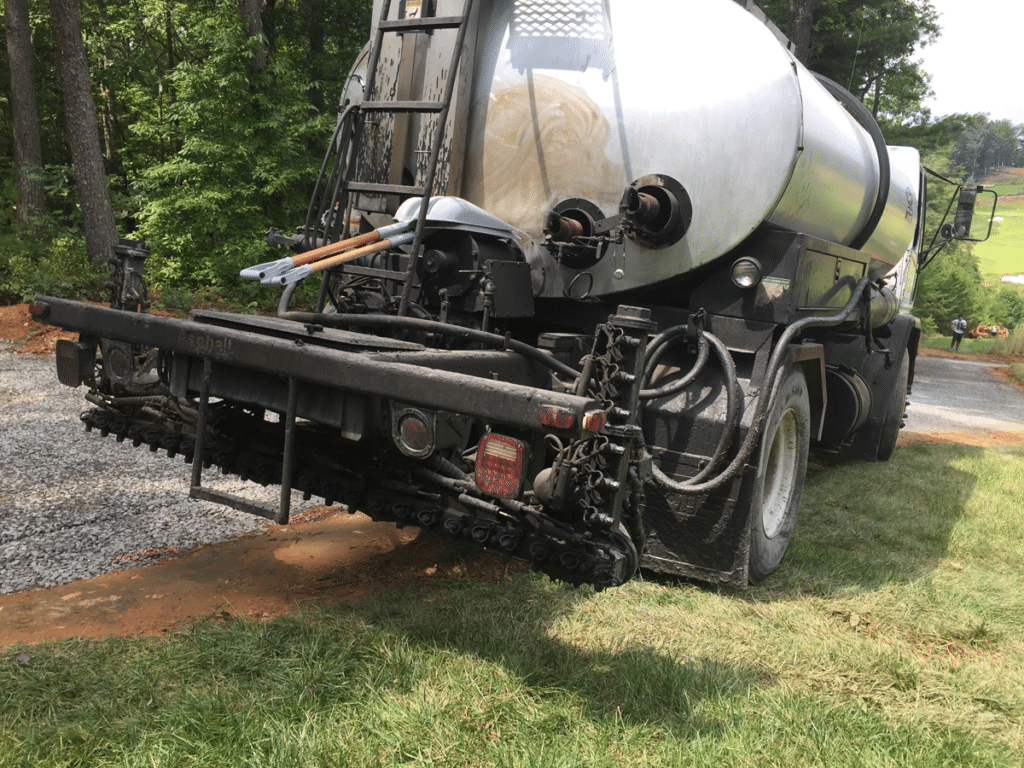Maintaining the appeal and structural integrity of your driveway is an important aspect of property care. A key component in this regard is the regular application of sealant, a protective measure against environmental elements that can compromise the quality of asphalt surfaces. This article aims to provide practical insights into the recommended frequency for driveway sealing, considering various factors that influence this essential maintenance practice.
The Significance of Driveway Sealing:
Before exploring the ideal timing for driveway sealing, it is essential to understand its fundamental role in safeguarding asphalt surfaces. Sealants create a protective barrier, shielding the driveway from detrimental elements such as UV rays, adverse weather conditions, oil spills, and the gradual effects of wear and tear. Consistent sealing is instrumental in extending the lifespan of the pavement.
The Benefits of Sealcoating Your Driveway: A Comprehensive Guide
Factors Influencing Sealing Frequency:
Climate and Environmental Conditions:
The prevailing climate in your locality is a significant determinant of the required frequency for driveway sealing. Regions experiencing extreme temperature fluctuations, heavy precipitation, or prolonged exposure to sunlight may necessitate more frequent sealing to counteract accelerated wear.
The Importance of Choosing the Right Asphalt Mix for Your Climate
Traffic Load:
The volume and nature of traffic on your driveway are critical considerations. Driveways subject to high traffic, whether in commercial settings or residences with multiple vehicles, may require more frequent sealing to mitigate the increased impact of usage.
Age of the Driveway:
The age of the driveway is a contributing factor to sealing frequency. Newly constructed driveways typically have an initial seal coat applied, but this protective layer degrades over time. Consequently, older driveways may require more frequent sealing to maintain their integrity.
Previous Sealcoating:
The efficacy of prior sealcoating applications also influences the need for resealing. Driveways that have undergone consistent, high-quality sealant applications may necessitate less frequent resealing.
Visible Signs of Deterioration:
Regular inspections of the driveway for visible signs of wear, such as cracks, fading, or rough patches, serve as indicators for necessary attention. Addressing these issues promptly through resealing can prevent further deterioration.
Professional Driveway Repair & Maintenance
Determining the optimal frequency for driveway sealing is contingent upon various factors, including climate, traffic patterns, age, and maintenance history. A proactive approach, coupled with routine inspections, ensures timely intervention to address potential issues and preserve the aesthetic and functional qualities of the asphalt surface. Investing in periodic driveway sealing is a pragmatic strategy to uphold the long-term durability and appearance of this essential property feature.
